Six
PAYSON AREA PERSONALITIES
The Tonto Basin of Arizona, which includes Payson, was the final stronghold of the Apaches in the United States. When it was opened for settlement after the General Crook campaign of 1872 and 1873, the first settlers were of a mixed breed. Some were outlaws looking for a new country where they would not be known or followed. Several were former Texas Rangers. More were Civil War veterans. There were bull whackers, muleskinners, miners, and cowboys. Some came to seek their fortunes and some to steal fortunes of others, but they had one thing in common: They were rugged individualists, for the Tonto Basin of 1874 was no place for the timid. Bronco Apaches continued their outbreaks and raiding through 1882 and beyond. Then at the close of the Apache raids came the Pleasant Valley War, a range war and feud between the Tewksburys and the Grahams in which some 40 men were killed.
Payson, the Rim Country, and the Tonto Basin also had many honest men and women who just wanted to be left to their honest pursuits of happiness. But these honest settlers had to be strong enough to cope with the outlaw faction, or they had to leave the country. The strength and diversity of Payson’s early settlers assured that the ensuing generations would produce some characters, and so they did: men like George Cline, world-champion roper who tied the first calf in Madison Square Garden; Floyd Pyle, who took the first mountain lion alive for the San Diego Zoo; Arizona Charley Meadows, who preformed in Buffalo Bill’s Wild West Show; and Tammy Kelly, six-time world-champion bull rider. Payson and the Tonto Basin were primarily cattle-ranching country through most of the 1960s and produced 10 world-champion cowboys.
As Arizona has grown so have Payson and the Tonto Basin. The Rim Country has experienced a major population expansion in the last 50 years, but plenty of salty characters can still be found in Payson and the surrounding area.

Hunter Haught (left), son of Shawn Haught, and Ned Barkley, son of Tommy Barkley, are seventh-generation members of their family to live in the Gisela Valley south of Payson. The boys are both descendents of Cornelius Jackson, who settled in Gisela in 1889, and Samuel A. Haught Sr., who settled under the Mogollon Rim in 1885. They are pictured here on the Gisela ranch where they lived as small children. (Peace-Pyle collection.)
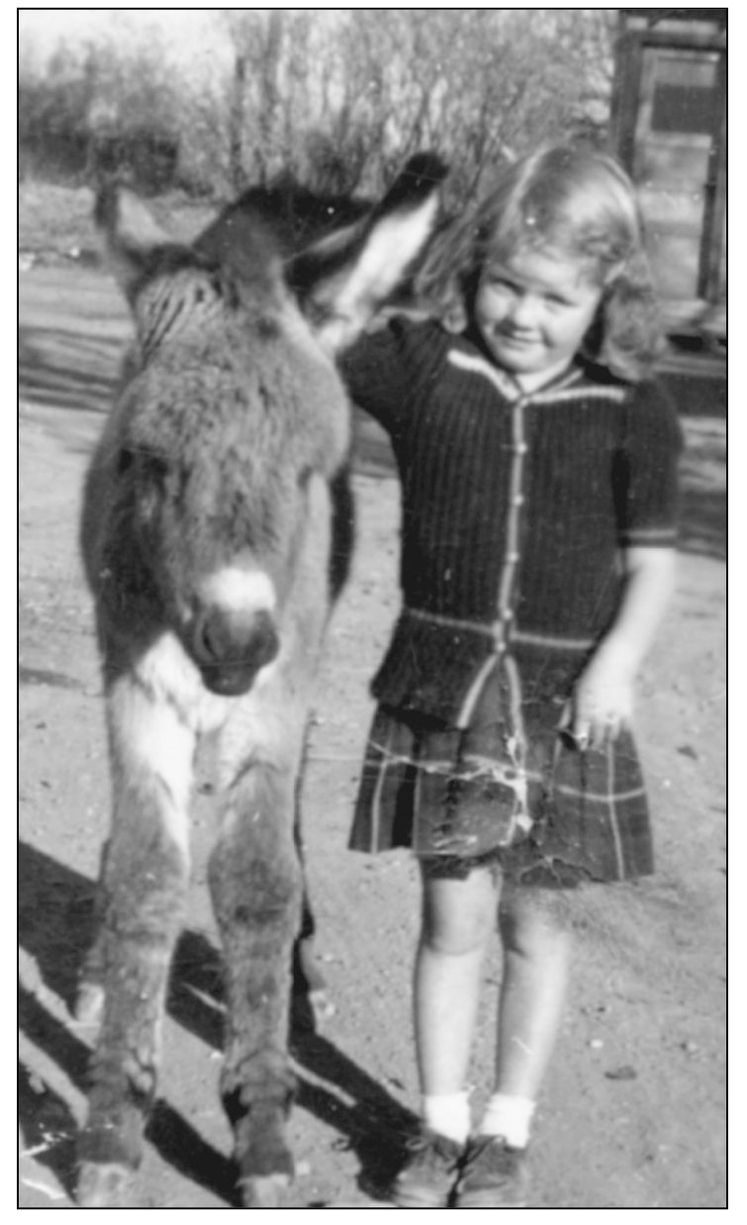
Patricia “Pat” Neal Randall is a fourth-generation descendant of her family in the Payson area. She is the daughter of Buster and Ruby (Hilligass) Neal who owned the Doll Baby Ranch when she was young. Her children, grandchildren, and great-grandchildren also live in Arizona. Pat is married to Ronnie Randall and is active in her community. (Courtesy Pat Randall.)
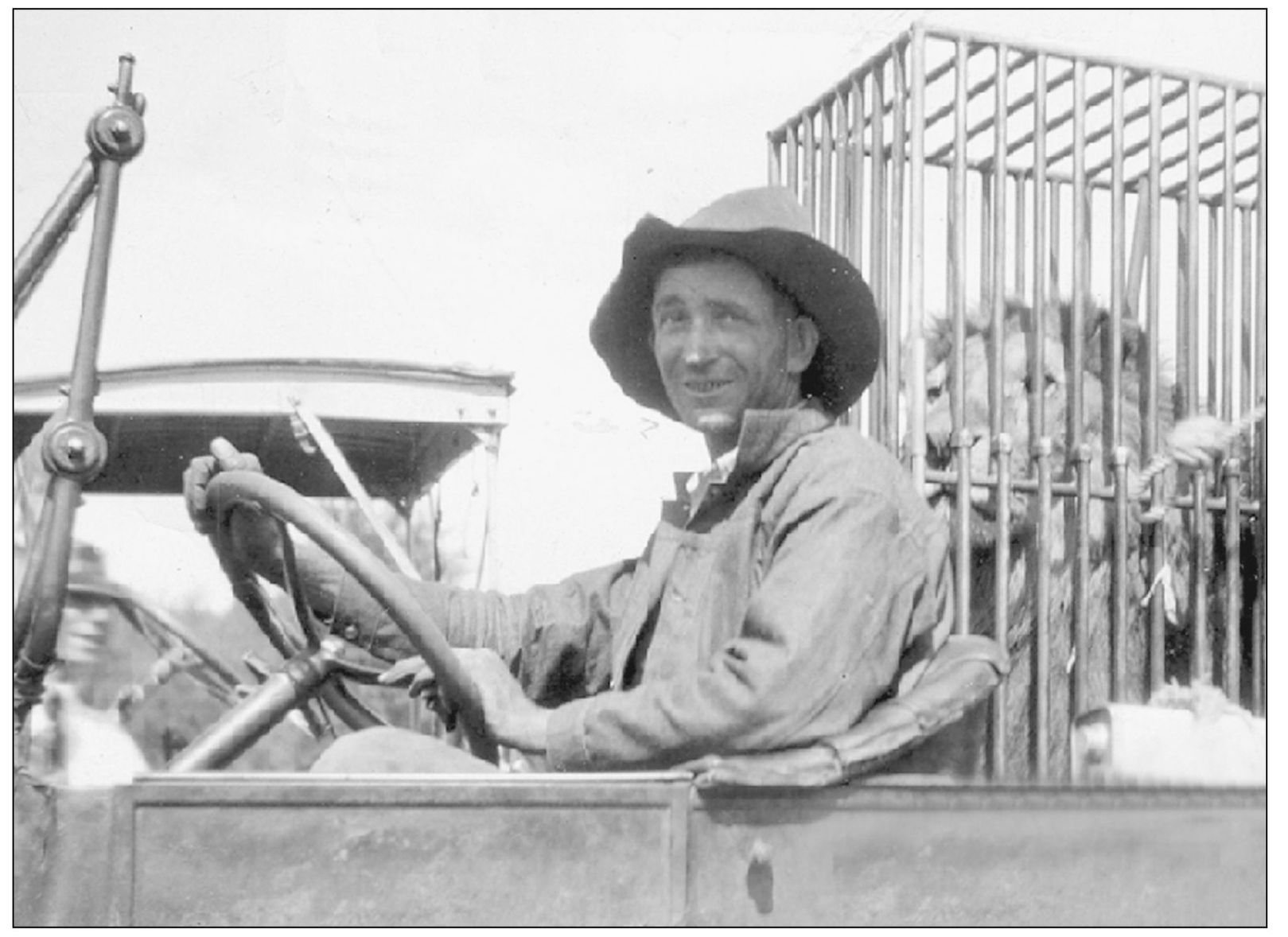
In 1927, an MGM plane carrying Leo the Lion crashed in Hells Gate, south of Payson. Lewis Pyle helped move Leo the Lion from the point of the plane crash to the top of Mescal Ridge, where he could be transported by pickup into Payson. Dave Martin drove the pickup (above) to take Leo into Payson. The townspeople were in awe of an African lion, unlike the lions that were often caught in the Payson area. (Peace-Pyle collection.)
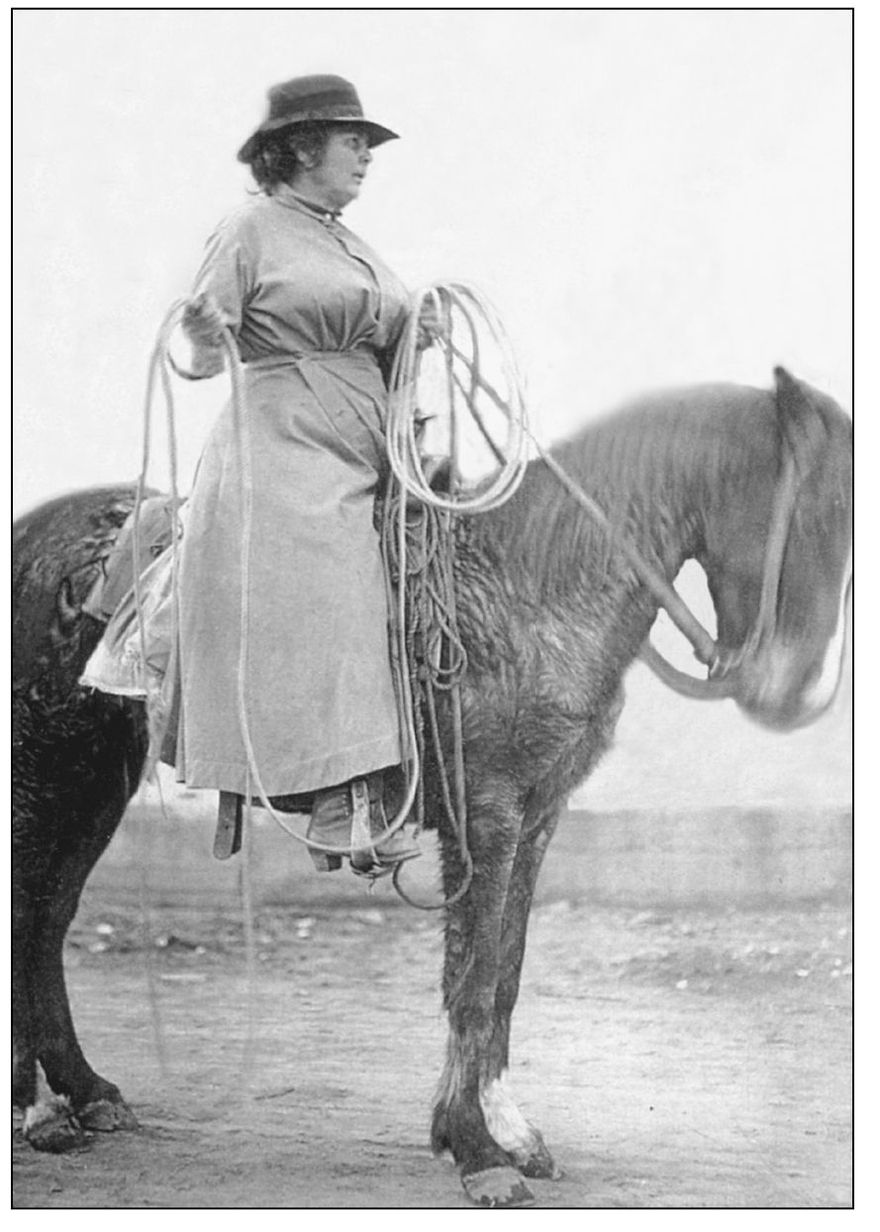
Lou Neal Pieper Jones arrived in Globe in 1889 with her two brothers, Will and Dan Neal, and her sister, Jane Neal Bohme. Lou had children to support so went to work starting her own ranch, from which she made a good living. Lou was a good cowboy and real handy with a rope. She roped at the rodeos in Gila County for many years, riding to Payson for the August Doin’s as often as possible. Note the divided skirt she wore in public ropings. Lou was a lady . . . and a cowboy. (Peace-Pyle collection.)

Polly Brown is pictured here fanning up the branding fire with her hat. She was equally at home as a store owner, cowboy, barkeep, businesswoman, or rancher. She was burned out several times and had to start over, but Polly was no stranger to work. She did what had to be done. She participated in Payson’s Main Street ropings and was honored as Payson’s Rodeo Queen in 1966. (Peace-Pyle collection.)

Margaret “Babe” Haught Holder, daughter of Henry “Pappy” and Sarah “Mammy” Haught, grew up on a cattle ranch at Little Green Valley. She learned to rope with her brothers and was often a participant in Payson’s Main Street rodeos. George Cline said that Babe Holder and Polly Brown were the “gen-u-wine” articles. If a calf could be roped, they would rope it. (Peace-Pyle collection.)

Belle Lovelady is best remembered by many folks as Payson’s first Bell Telephone operator. Beginning in 1947, she spent 10 years on the job, and folks for miles around knew her voice on the old hand-crank lines. Belle recounts how those lines hummed and howled to the tune of the weather, but they were Payson’s link with the outside world as well as with Pine, Young, and the faraway ranches under the Rim. (Peace-Pyle collection.)
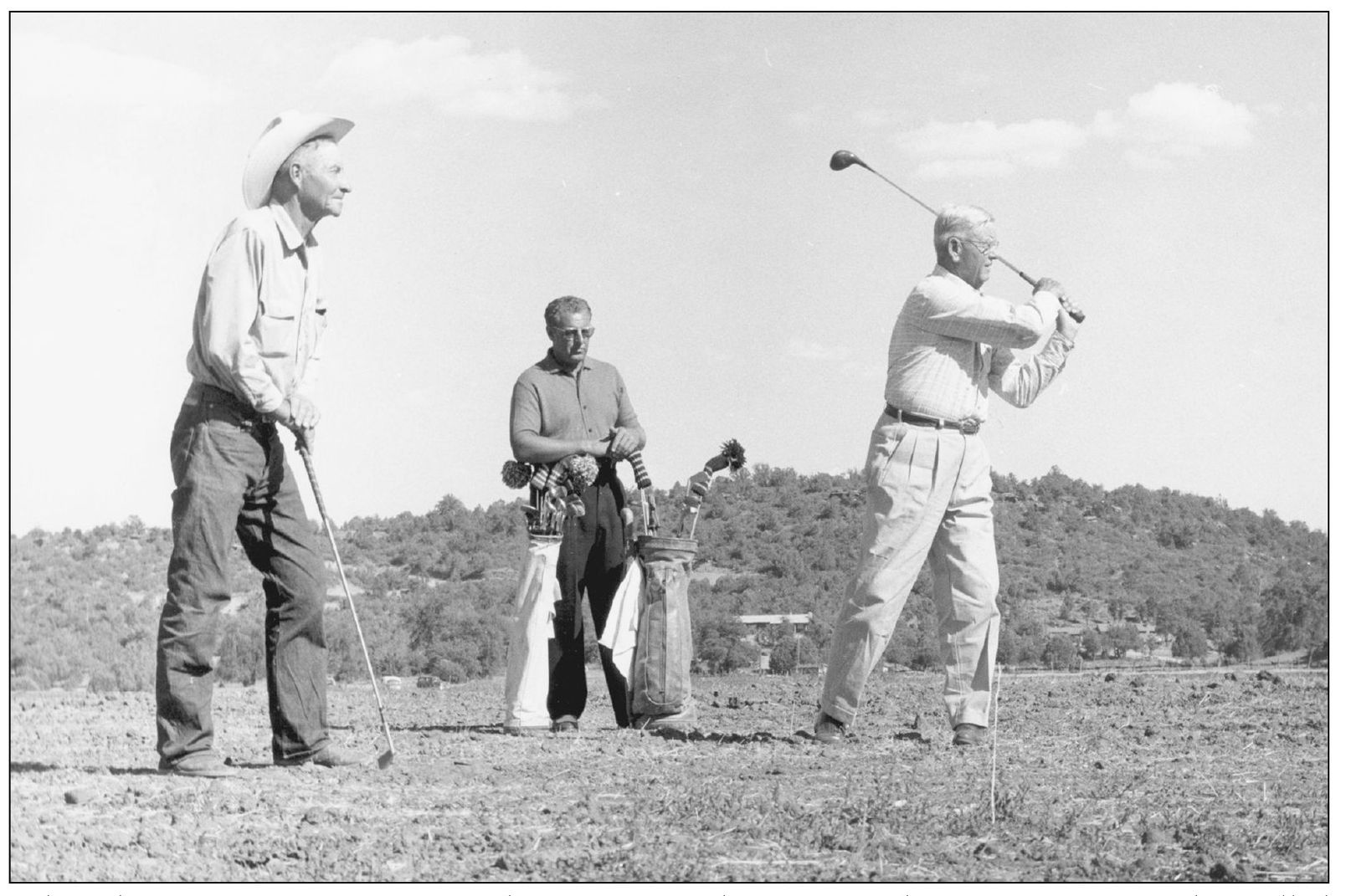
When the owners of Payson’s first golf course wanted to promote their new enterprise, they called on two of the town’s celebrities to play a round of golf. Floyd Pyle, cowboy, rancher, renowned hunting guide, and all-around good sport, watches as Bill Boardman takes a whack at the ball. Calvin Peace and his D-4 Caterpillar built the golf course. (Peace-Pyle collection.)
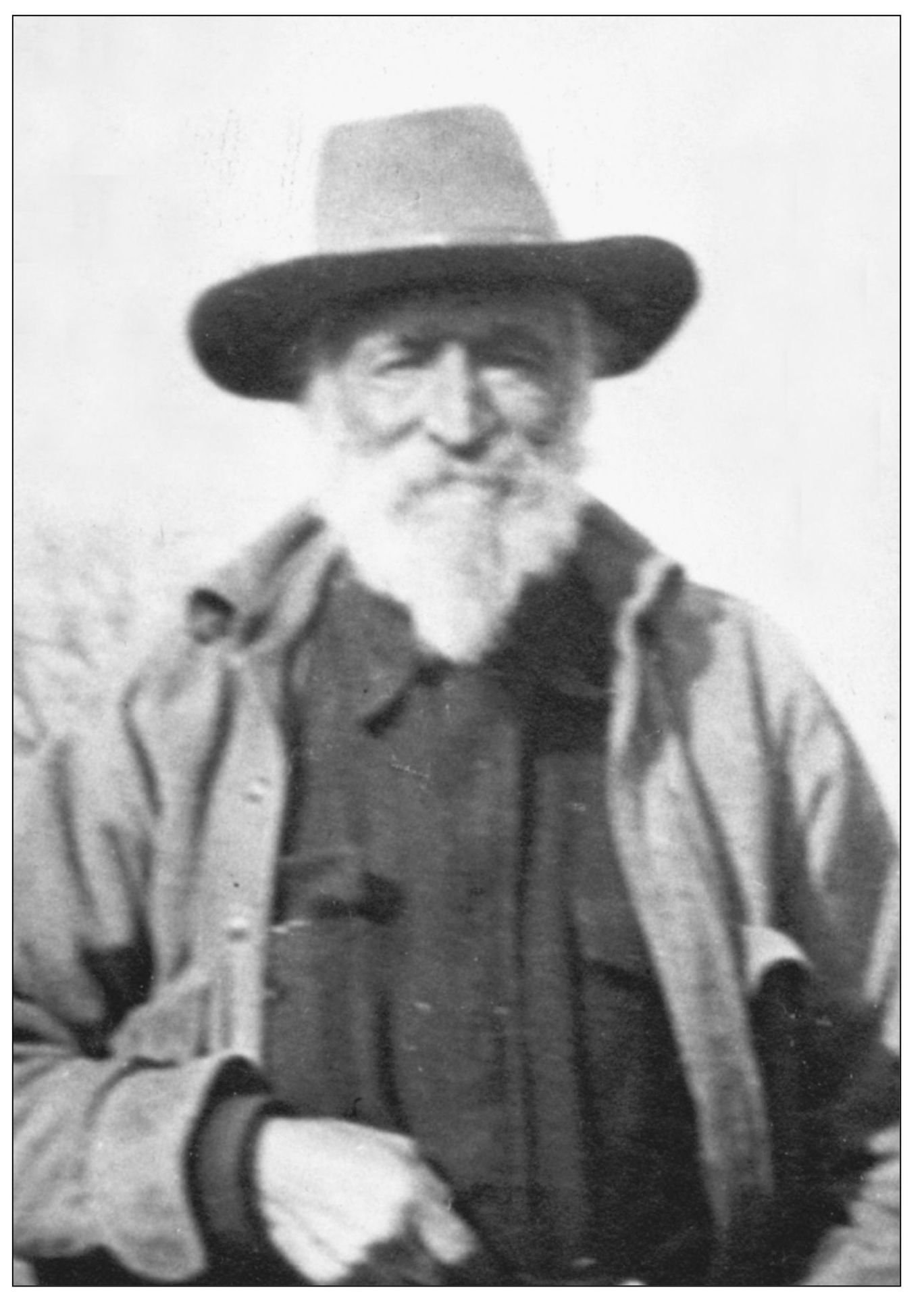
Florence Packard settled at Greenback in the Tonto Basin with his father-in-law, David Harer, in 1874, when the Apaches were still on the loose. Packard and his wife, Sarah, had 11 children: Bill, Josie (Russell), Walter, Fred, Bertha (Schornick), Sophia (Darby), Alfred, Albert, Robert, Johnny, and Gus. Packard brought some of the first cattle into the Tonto Basin and started ranching with David Harer, who brought in hogs. When lion began killing their livestock, Packard brought in some dogs and spent a lot of time hunting. He killed more than 200 lions. When his kids were old enough to go to school, he moved down to Tonto Creek in the lower Tonto Basin and built a general store. He also kept bees and always had honey for sale in his store, along with horseshoes, flour, sugar, salt, coffee, etc. Sarah died in 1902. Packard died January 10, 1932, and is buried in the Cline Cemetery. Florence Packard was truly a pioneer of the first order. (Peace-Pyle collection.)
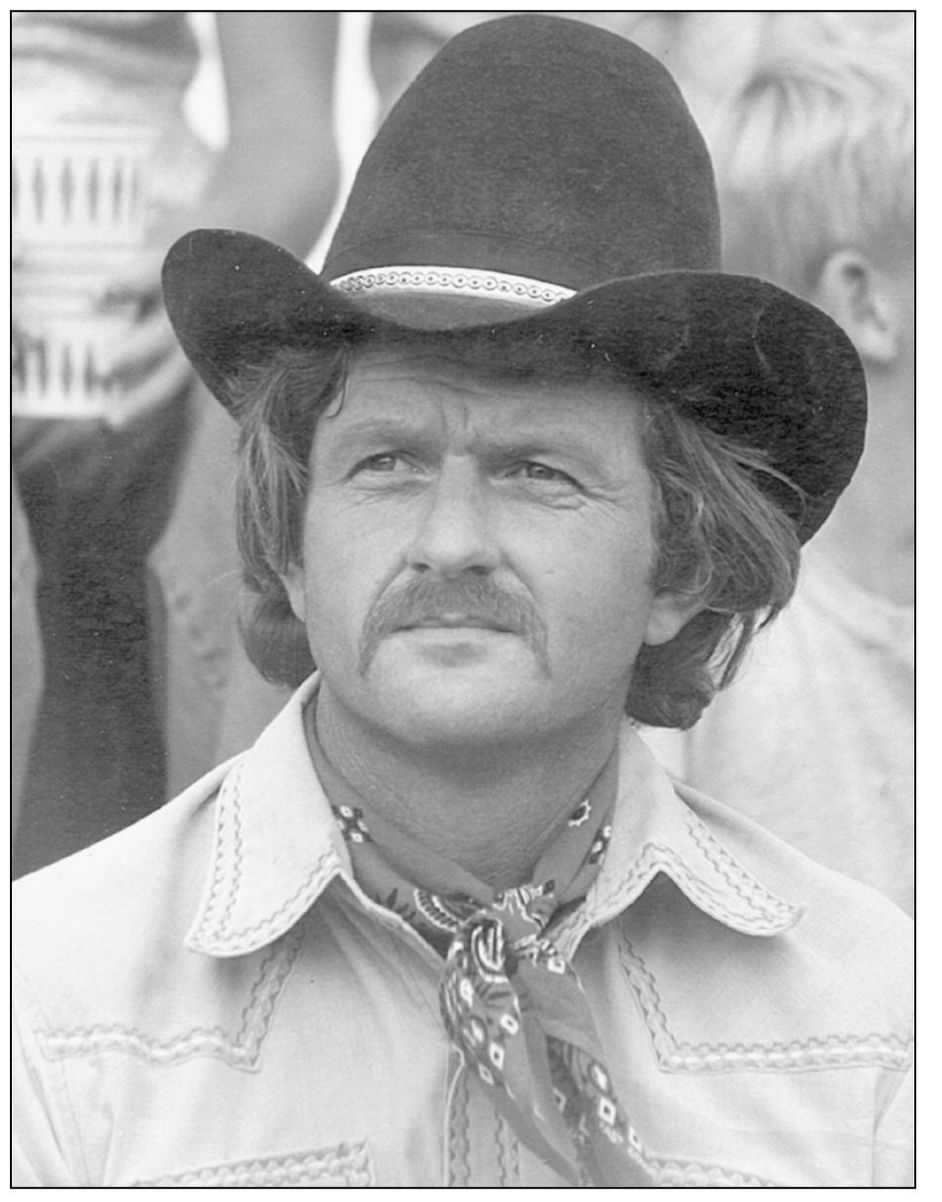
Local bull rider Harry Shill, pictured here around 1970, has several times parachuted out of an airplane into a rodeo arena before riding a bull. Harry has ridden bulls in rodeos for five decades and was inducted, as a charter member, into the Payson Rodeo Legends Ring of Honor in 2009. Shill is the Town of Payson’s Official Rodeo Ambassador, so proclaimed by Mayor Kenny Evans in 2009 to promote the anniversary of the World’s Oldest Continuous Rodeo. (Peace-Pyle collection.)

Shawn Haught, son of Butch Haught and Jayne Peace Pyle, has played in country dance bands in Payson and surrounding areas since he was 13 years old. The cow town of Payson was the social hub for a vast ranching community, and the Saturday night dances were the primary social activity of the town. Payson’s early passion for music and dancing was handed down to younger generations and resulted in a demand for musicians. (Peace-Pyle collection.)
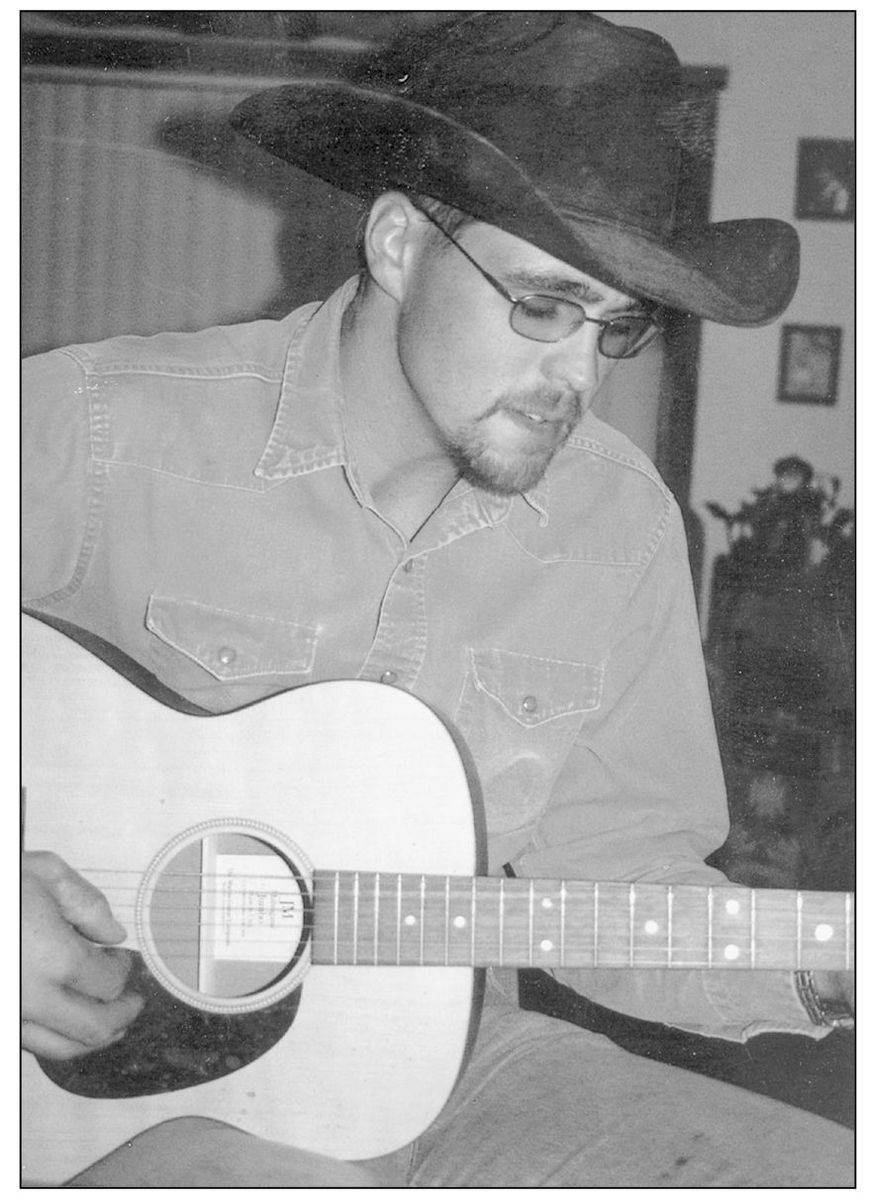
The Hale family has long been noted for its musicians. Ralph “Cuc” Hale could play a fiddle, guitar, mouth harp, accordion, or almost any other musical instrument handed to him. Cuc’s son, Ralph Duke Hale, like his father, was musically talented and played for many country dances. Here, Taylor Hale, the son of Ralph Duke Hale, carries on the family tradition. Taylor is a member of the long-established Hashknife Band, and he plays with Clay Sopeland and Moonshine Mafia. Taylor is a good lead singer and one of the best bass guitar players in the business. (Peace-Pyle collection.)

Henry “Pappy” Haught was Zane Grey’s inspiration for the fiddle-playing character in his great book Code of the West. For decades, the early Payson dancehalls rang as Pappy played the Rim Country’s favorite home-grown ditty, “Rabbit, Where’s your Mammy?” Here the late Billy “Whitebird” Haught, grandson of Pappy Haught, keeps the family fiddling tradition alive. (Peace-Pyle collection.)

For 50 years, beginning in the 1920s, the sweet refrain of Joe Hale’s fiddle could be heard in the Gisela Valley or Down on the Blue on most any evening. Joe knew all the old songs that his family brought from Texas to Arizona, “Rubber Dolly,” “The Blind Child,” “Maiden’s Prayer,” and more, but he often made up his own tunes and words in the tradition of the old cowboys. (Peace-Pyle collection.)
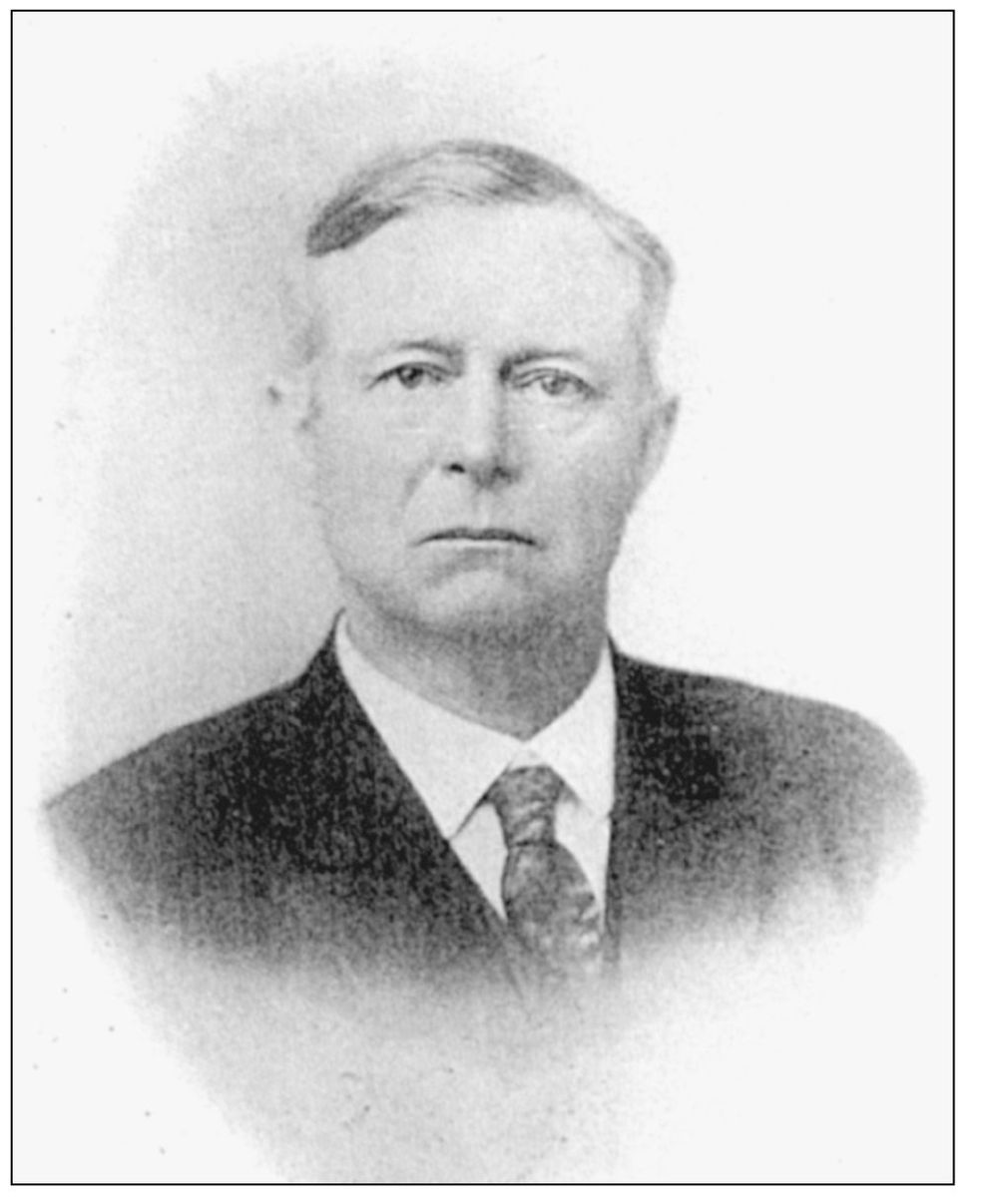
John W. Wentworth was a noted early Payson attorney and politician. He once defended Al Rose and Miguel Apodaca in a Payson court for burning the Middleton Ranch House during the Pleasant Valley War. His fee was $600 and a $150 saddle horse. Wentworth became a judge and performed marriage ceremonies for many of the pioneering people in the Payson area. Wentworth married Katherine Houston, the sister of Sam, Andrew, and William Houston, who were early settlers in Star Valley. The couple had four children. Judge Wentworth died in Globe, Arizona, in 1954. (Peace-Pyle collection.)

John Henry Thompson came to the Rim Country, north of Payson, with Col. Jesse W. Ellison in 1885. After ranching for a few years at the head of Webber Creek under the Mogollon Rim, he acquired the handle of “Rim Rock” and, soon after, ran for sheriff of Gila County. His bid was successful, and he held the office of a county sheriff longer than anyone before or since. Here he is pictured (middle row in cowboy hat) with some of his deputies in Globe. (Peace-Pyle collection.)
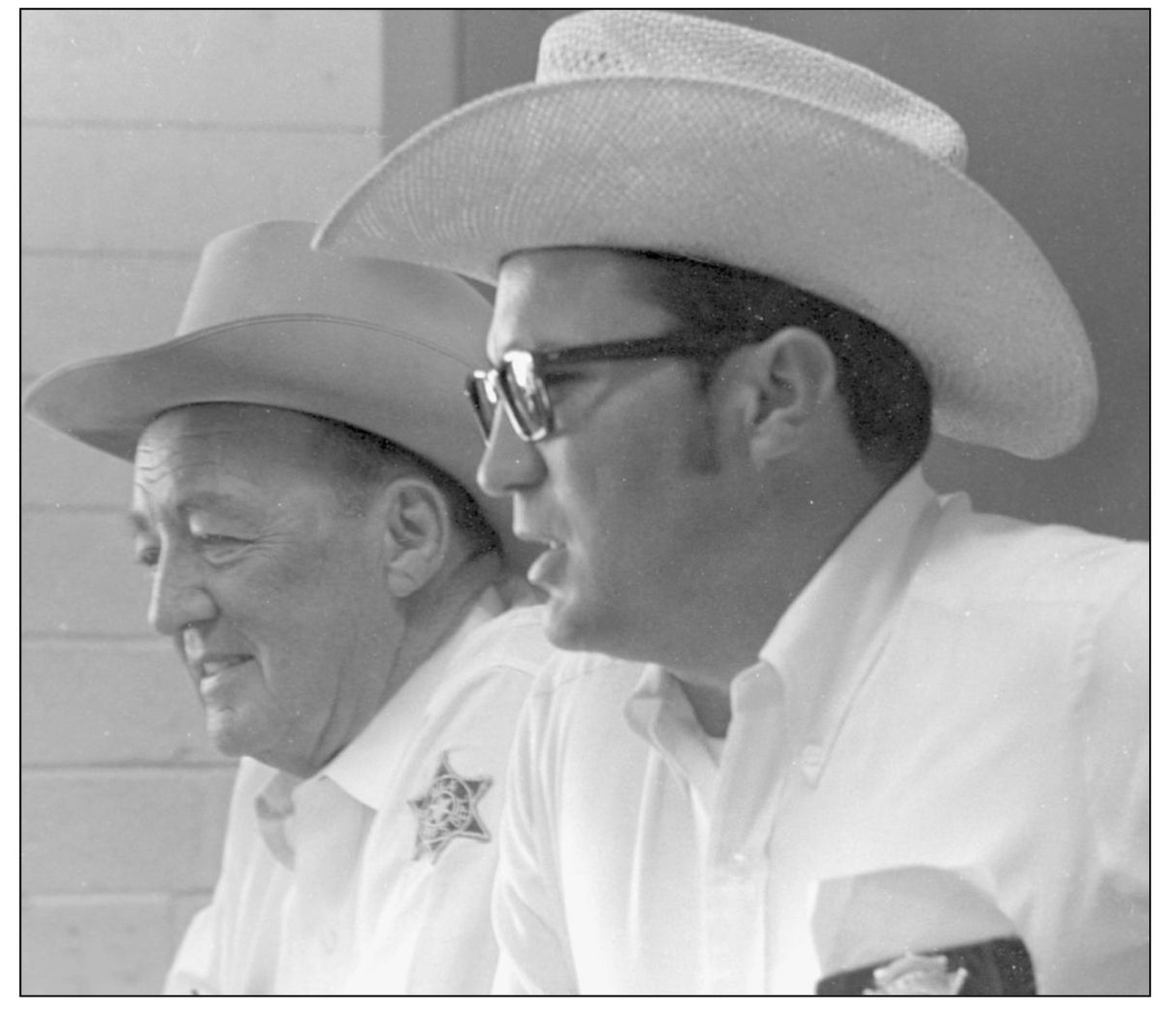
Howard Childers (left) and Ronnie McDaniel both served years as Gila County deputies, and both also served as justice of the peace in Payson at the end of their stints as deputies. McDaniel was a deputy for about 20 years and a judge for about 20 years. Childers and McDaniel were two of the most liked and respected lawmen ever to serve Payson and the surrounding community. (Peace-Pyle collection.)